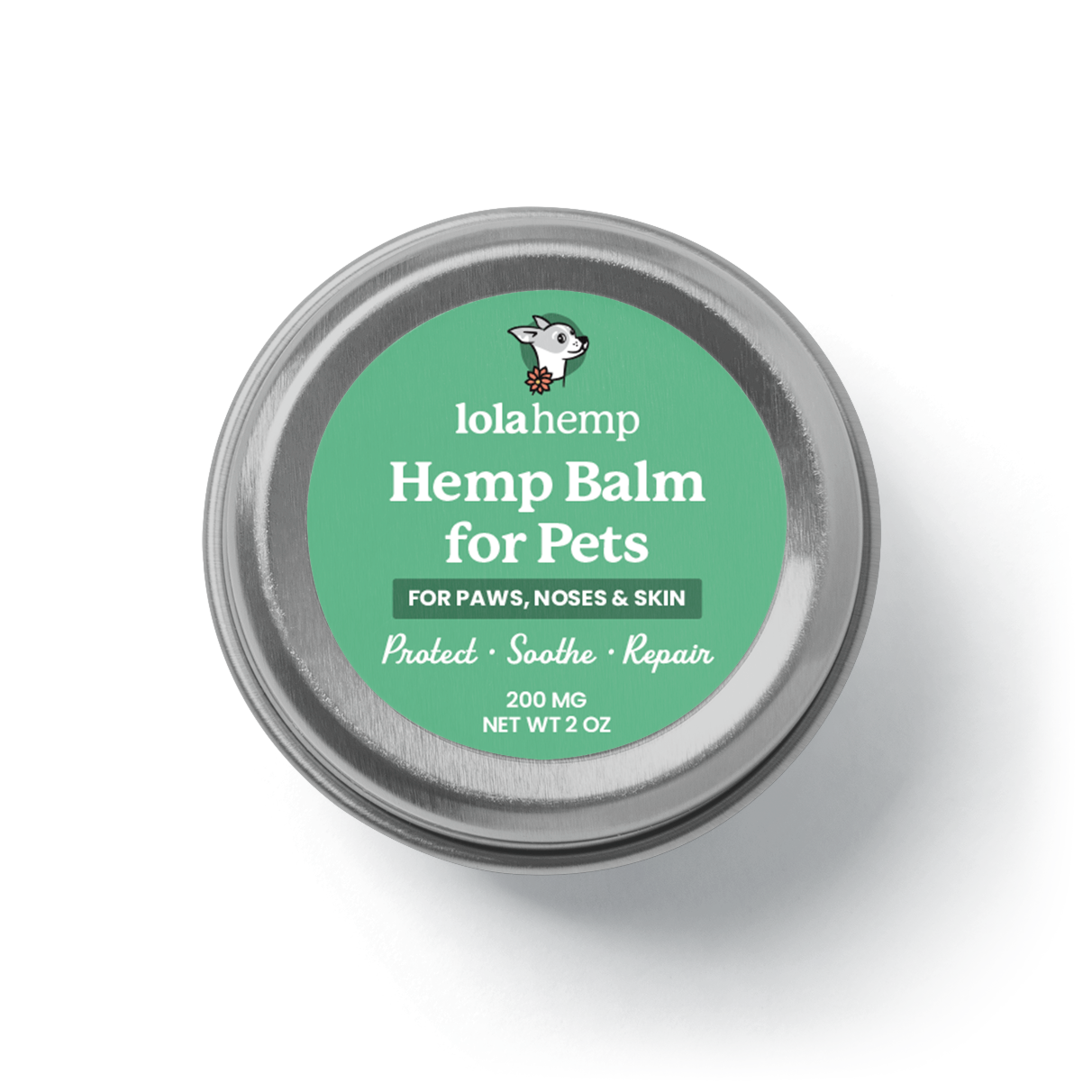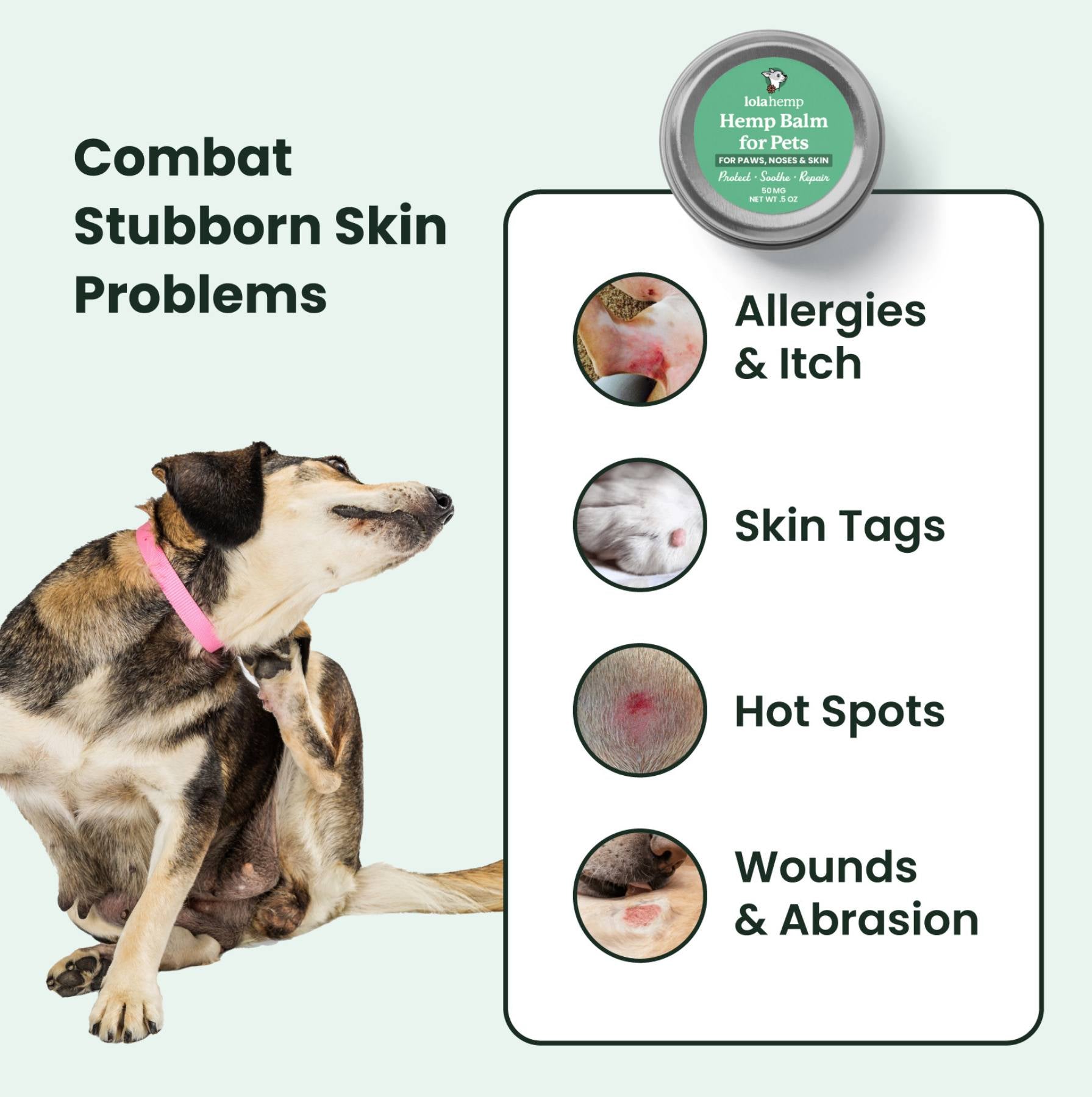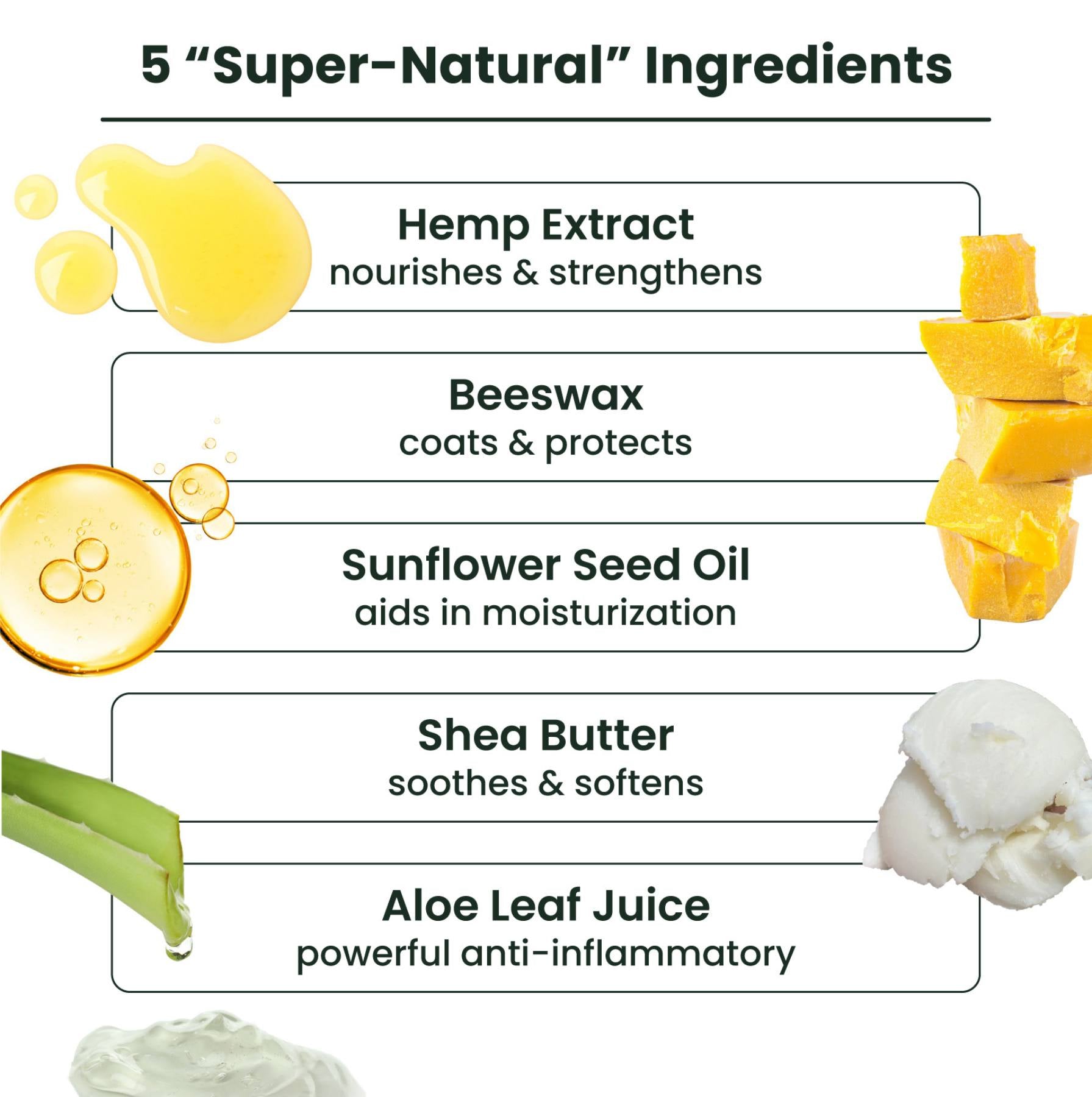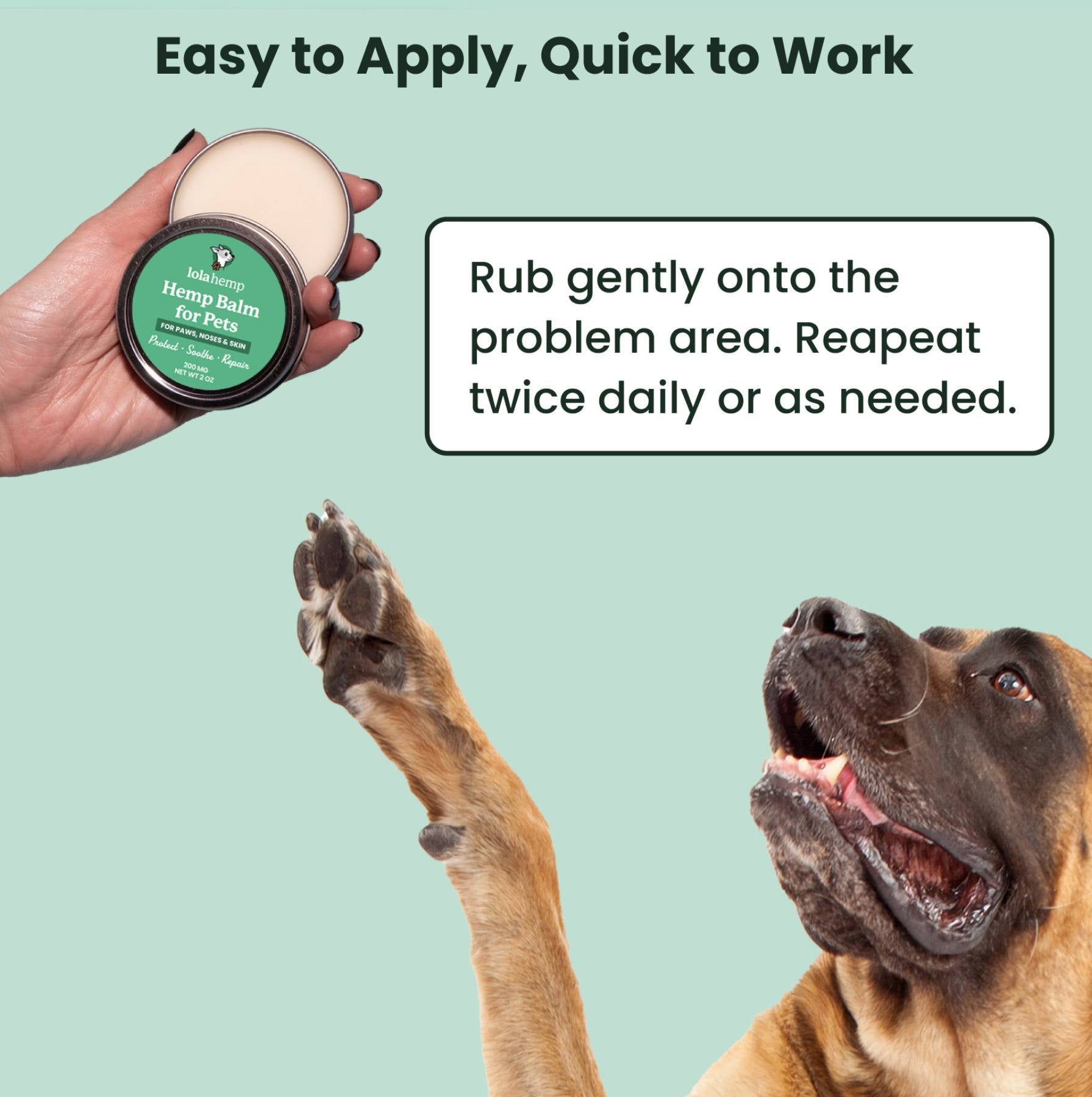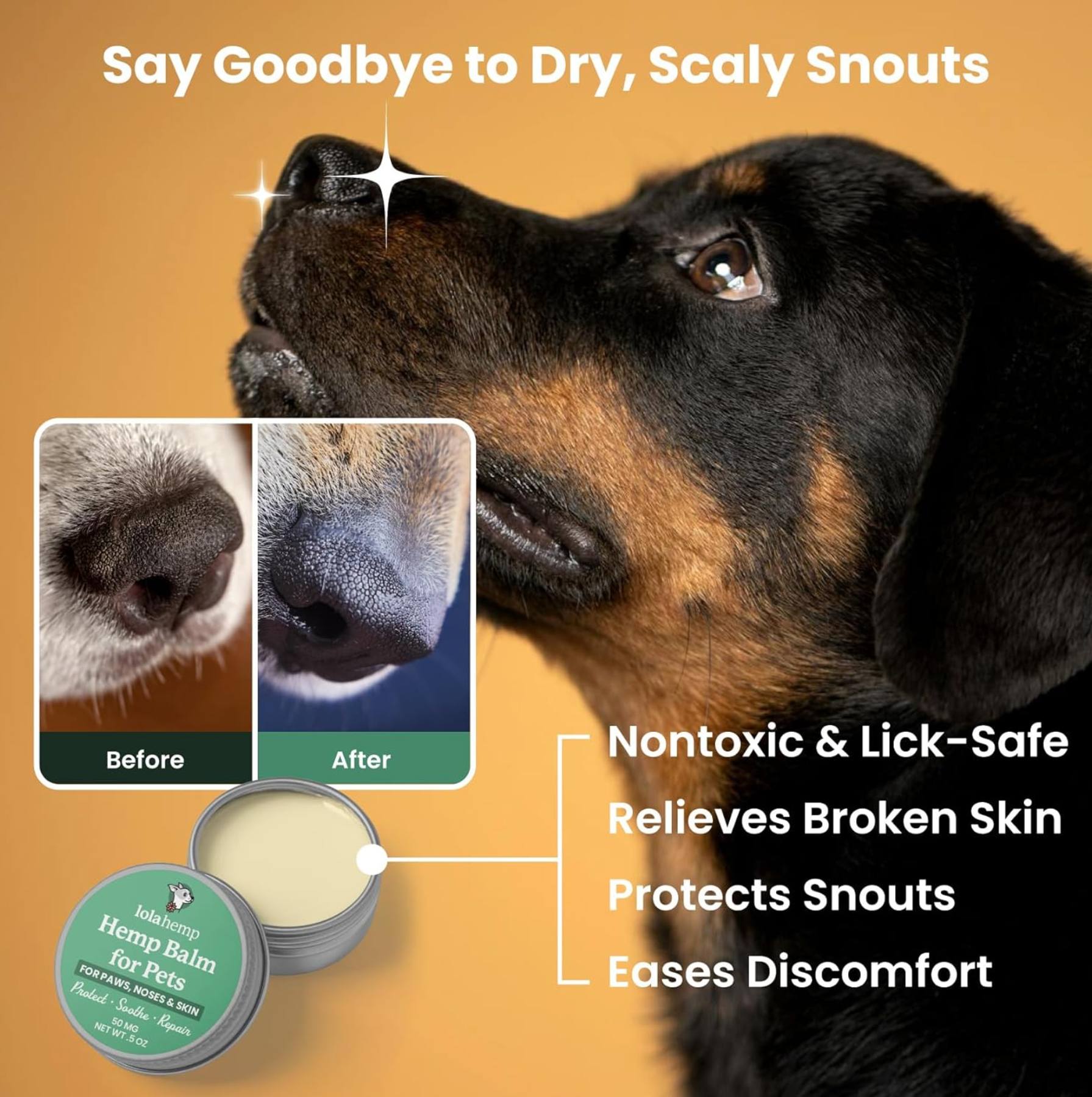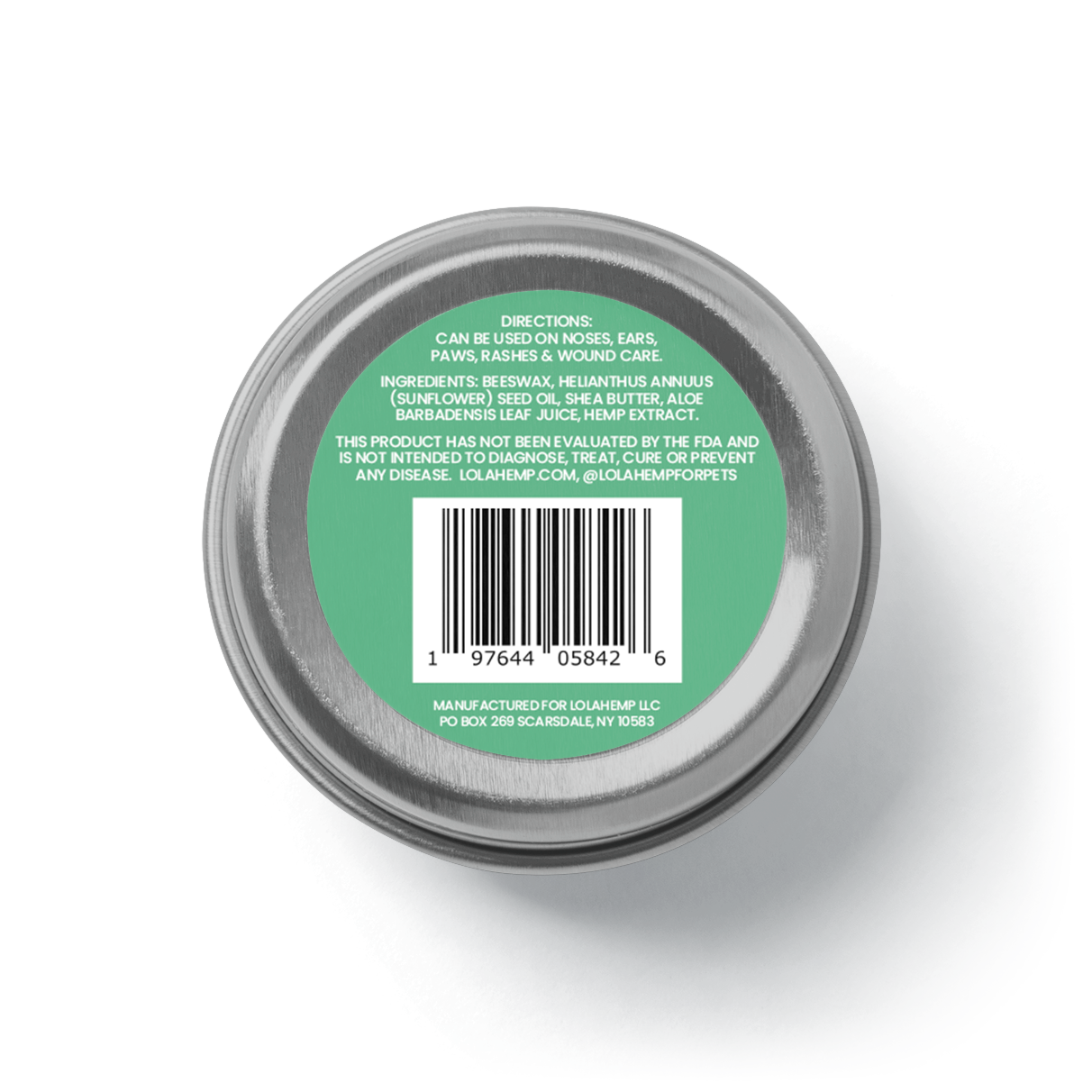Peppermint oil is known for its sharp, refreshing scent and wide range of wellness applications—but when it comes to pets, things get a bit more complicated. While there are claims that it offers therapeutic value for dogs, it’s important to approach peppermint oil with caution and a healthy dose of skepticism. This is the general approach you should take when considering household plants and herbs for your pet.
What Is Peppermint Oil?
Peppermint oil is a highly concentrated essential oil extracted from the Mentha piperita plant through steam distillation. It contains menthol, which gives it its cooling sensation and is linked to potential pain-relieving, decongestant, and antimicrobial effects.
However, its potency also makes it potentially irritating—especially if not diluted properly.
Possible Benefits of Peppermint Oil for Dogs
Note that different forms of peppermint oil offer different benefits (and different risks). Oils have a different effect than salves or balms do, for example, and ingesting versus applying topically changes things as well.
- Soothing discomfort: Some pet owners use diluted peppermint oil to ease minor aches or stiffness.
- Skin support: It may help calm mild skin irritation or itching when applied topically in proper dilution.
- Digestive aid: Anecdotally, peppermint is thought to help with occasional nausea or gassiness.
- Clear breathing: The menthol component can act as a mild decongestant.
- Aromatherapy: Its invigorating scent may have a stimulating or refreshing effect for some pets.
- Natural defense: Some sources suggest it may help repel fleas when blended with other pet-safe oils.
Is Peppermint Oil Safe for Dogs?
That depends. The safety of peppermint oil hinges on the quality of the product and how it's used. Undiluted or low-grade oils can irritate your dog’s skin, nose, or eyes—and potentially cause more serious issues if ingested.
If you plan to use peppermint oil around your dog, it must be properly diluted and introduced slowly, with close observation for any adverse reactions. Always discuss the use of peppermint oil with your veterinarian before starting.
Choosing a Safe Oil
Our recommendation is to avoid peppermint oils for your dog unless your vet specifically recommends them. If you do choose one, attempt to find one that has been specifically formulated for pets.
Here are a few additional things to look for:
- Look for oils that are 100% pure and therapeutic-grade
- Check for third-party testing and a transparent ingredient list
- Avoid synthetic fragrances or additives
- Use brands that offer batch traceability and COAs (Certificates of Analysis)
Guidelines for Safe Use Around Dogs
Run your plan by your veterinarian before starting peppermint oil for your dog. They will have tailored insights on how to use it, and whether the risks outweigh the benefits. Here are some general guidelines when it comes to using peppermint oil products for dogs:
- Topical use: Always dilute to 0.5%–2% using a carrier oil like coconut or olive oil. Never apply near the eyes, mouth, or broken skin.
- Diffusion: Use no more than 1–2 drops in a diffuser in a ventilated room. Ensure your dog can leave the space freely.
- Avoid ingestion: Do not give peppermint oil orally unless directed by a qualified vet.
- If irritation occurs: Flush the area with a carrier oil and consult your vet. Do not use water, as it can worsen the spread of the oil.
Common Questions about Peppermint Oil for Dogs
Do Dogs Like the Smell of Peppermint?
Not all dogs enjoy the scent. Some may be intrigued, while others might find it too strong and avoid the area. Always observe your dog’s response.
Can Dogs Have Peppermint Tea?
Unsweetened, plain peppermint tea can be safe in small quantities and may soothe occasional stomach upset. Avoid additives like sugar or xylitol.
Is Peppermint Candy Safe?
No. Most peppermint candies contain sugar or artificial sweeteners, which can be harmful—especially xylitol, which is toxic to dogs.
Is Peppermint Oil Safe for Puppies?
Puppies are more sensitive to essential oils. Avoid use unless approved and guided by a veterinarian.
Can It Help With Fleas?
Some natural flea repellents contain peppermint oil, but its use should always be part of a carefully formulated blend. Consult a vet before using essential oils for pest control.
Conclusion
Peppermint oil may offer some supportive uses for dogs, but it's not a cure-all—and its misuse can cause more harm than good. Always prioritize high-quality oils, proper dilution, and veterinary guidance before adding peppermint oil to your dog’s routine. When in doubt, less is more.
Peppermint Oil for Dogs: FAQs
Is peppermint oil safe for dogs?
Peppermint oil can be safe when diluted and used sparingly under veterinary supervision, but undiluted or poor-quality oils can be harmful.
Can dogs have peppermint tea?
Yes, plain and unsweetened peppermint tea can be safe in moderation, but avoid sweetened or flavored varieties.
Can peppermint oil help repel fleas?
It may contribute to flea-repelling effects in some natural blends, but should never replace veterinarian-approved flea prevention methods.
Is peppermint oil toxic to dogs if ingested?
Yes, concentrated peppermint oil can cause nausea, vomiting, or lethargy if ingested. Always keep it out of reach and avoid oral use unless prescribed.
Can puppies or small dogs use peppermint oil?
No, puppies and small dogs are more sensitive to essential oils. Avoid use unless your veterinarian gives specific approval.

